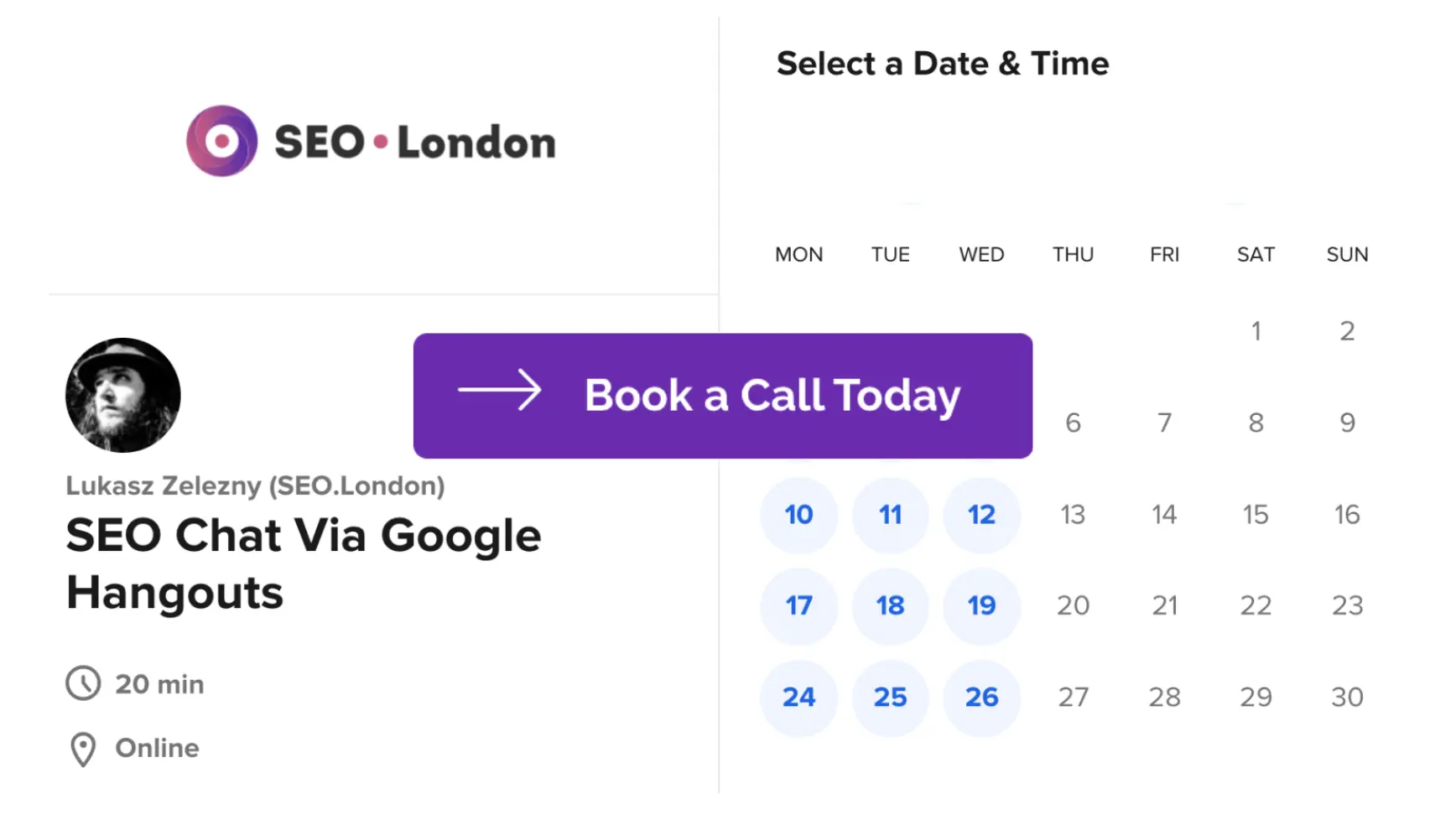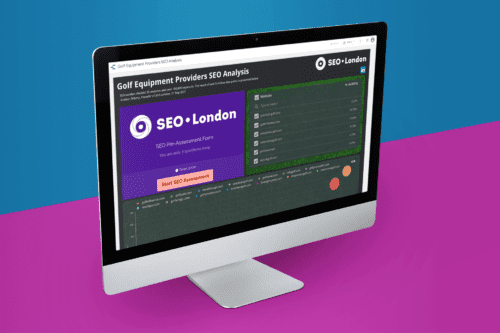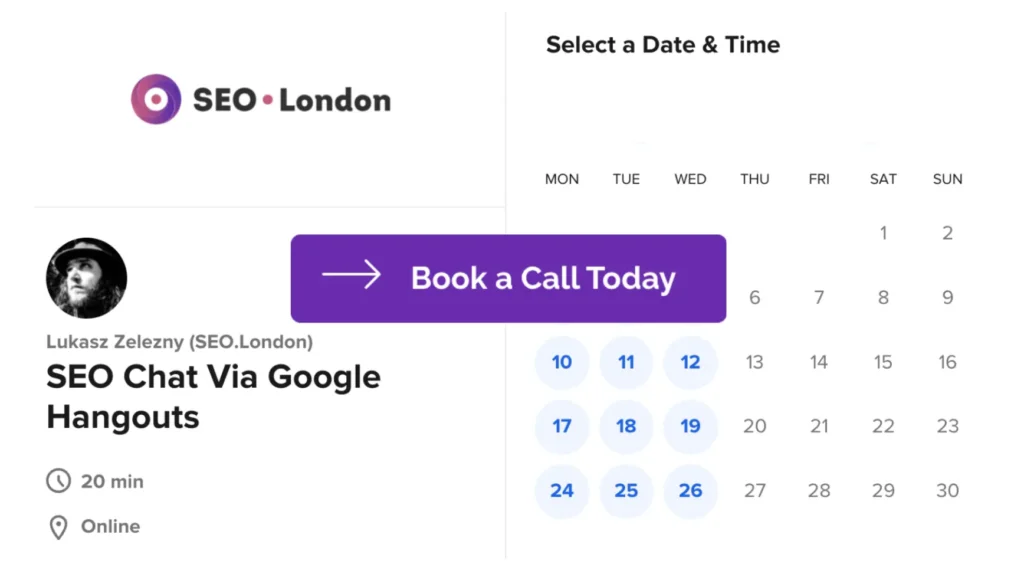How to Increase SEO of My Website
Improving the search engine optimisation (SEO) of your website is crucial for increasing visibility and attracting more visitors. Using a keyword research tool is essential for finding new keyword ideas and optimizing for local SEO. By implementing effective strategies, you can enhance your website’s ranking on search engines like Google, making it easier for potential customers to find you. In this guide, we will explore practical steps on how to increase SEO of my website, covering essential elements such as keyword research, on-page optimisation, and link building. Whether you are a novice or have some experience in SEO, this piece will provide you with clear, actionable advice to boost your website’s performance.
Understanding SEO Basics
What is SEO?
SEO, or search engine optimisation, refers to the practice of increasing the quantity and quality of traffic to your website through organic search engine results. This involves various strategies and techniques to improve your site’s visibility. When someone searches for a term related to your business, a well-optimised website is more likely to appear at the top of the search results. Identifying and optimizing for target keywords is crucial for effective SEO, as it helps in finding untapped keywords with little-to-no competition and targeting keywords with high commercial intent. SEO encompasses many elements, including keyword research, on-page optimisation, and link building. By focusing on these areas, you can enhance your website’s relevance and authority in the eyes of search engines. Understanding SEO is essential for anyone looking to improve their online presence and attract more visitors to their site. It is not just about attracting any traffic but about bringing in relevant, high-quality traffic that is more likely to convert into customers.
Importance of SEO for Search Engine Rankings
SEO is vital for several reasons. Firstly, it improves your website’s visibility, making it easier for potential customers to find you when they search for relevant products or services. Optimizing for local search is crucial to appear in local search results and attract local customers. This increased visibility can lead to higher traffic, and consequently, more opportunities to convert visitors into customers. Secondly, SEO helps build credibility and trust. Websites that rank higher are often perceived as more trustworthy and authoritative. Additionally, a well-optimised site provides a better user experience, as it is faster, mobile-friendly, and easier to navigate. Finally, SEO offers a competitive advantage. If your competitors are investing in SEO and you are not, they are likely to capture a larger share of the market. By understanding and implementing effective SEO strategies, you ensure that your business remains competitive in an increasingly digital landscape.
Increase your online presence with Lukasz Zelezny, an SEO Consultant with over 20 years experience — schedule a meeting now.

How Search Engines Work
Search engines like Google use complex algorithms to determine the relevance and ranking of websites for specific search queries. The process begins with crawling, where search engines use bots to scan the web and collect data from various websites. This data is then indexed, which means it is organised and stored in a database. When a user enters a search query, the search engine’s algorithm analyses the index to find the most relevant results. It assesses and ranks web pages based on numerous factors, such as keywords, content quality, and user experience. Understanding how search engines work is crucial for effective SEO. By knowing what factors influence rankings, you can tailor your website to meet these criteria. This ensures that your site is not only accessible to search engines but also ranks higher, thus increasing your visibility and attracting more visitors.
Optimising On-Page Elements
Crafting Quality Content
Creating high-quality content is a cornerstone of effective SEO. Quality content is informative, engaging, and valuable to your audience. It should address the needs and interests of your visitors while incorporating relevant keywords naturally. High-quality content can improve search engine ranking by aligning with user intent and search queries. Start by conducting thorough keyword research to understand what your audience is searching for. Then, craft content that answers their questions or solves their problems. Ensure your content is well-structured, with clear headings, subheadings, and bullet points to enhance readability. Additionally, use multimedia elements like images, videos, and infographics to make your content more engaging. Consistently updating your content to keep it fresh and relevant is also important. Search engines favour websites that regularly publish new and valuable content. By focusing on crafting quality content, you not only improve your SEO but also establish your website as an authoritative source in your industry, attracting more visitors and encouraging them to stay longer.
Effective Use of Target Keywords
Keywords play a crucial role in on-page optimisation. Tracking SEO rankings is essential to measure the effectiveness of keyword strategies and make necessary adjustments. They help search engines understand the content and relevance of your website. Start by identifying primary and secondary keywords through comprehensive keyword research. Your primary keyword should reflect the main topic of your page, while secondary keywords support it by covering related subtopics. Integrate these keywords naturally into your content, avoiding keyword stuffing, which can harm your rankings. Place your primary keyword in the title, headings, and the first 100 words of your content. Use secondary keywords throughout the body to provide context and depth. Additionally, include keywords in meta descriptions, image alt texts, and URL slugs. This holistic approach ensures that search engines can easily index your page and rank it higher for relevant queries. Effective keyword use not only boosts your SEO but also enhances user experience by making your content more findable and relevant to searchers.
Improving Meta Descriptions
Meta descriptions are brief summaries that appear under your page title in search engine results. They play a significant role in attracting clicks and improving search engine optimization (SEO) performance, even though they do not directly impact search rankings. A well-crafted meta description should be compelling, concise, and include your primary keyword. Aim for around 150-160 characters to ensure it is fully displayed in search results. Start with a strong, actionable opening that entices users to click. Clearly summarise the content of your page, highlighting its value and relevance. Including a call to action, such as “Learn more” or “Get started,” can also encourage clicks. Although meta descriptions do not directly affect SEO, a high click-through rate (CTR) can improve your site’s overall performance. By improving your meta descriptions, you not only provide a better experience for users but also increase the likelihood of attracting more visitors to your site.
Enhancing Technical SEO
Website Speed and Performance
Website speed and performance are critical factors in technical SEO. Utilizing SEO tools like Google PageSpeed Insights and GTmetrix can help monitor and improve website speed and performance. Slow loading times can frustrate users and lead to higher bounce rates, negatively impacting your search rankings. Search engines like Google prioritise fast-loading websites because they provide a better user experience. To improve your website speed, start by optimising images, as large files can significantly slow down your site. Use image compression tools to reduce file sizes without compromising quality. Minimise HTTP requests by combining files such as CSS and JavaScript. Enable browser caching so returning visitors experience faster load times. Additionally, consider using a Content Delivery Network (CDN) to distribute your content across multiple servers, reducing latency. Regularly monitor your site’s performance using tools like Google PageSpeed Insights or GTmetrix to identify areas for improvement. By enhancing your website speed and performance, you create a more pleasant experience for users, which can lead to better engagement and higher search engine rankings.
Mobile-Friendly Design
Having a mobile-friendly design is essential for effective technical SEO. Use SEO tools like Google’s Mobile-Friendly Test to evaluate and improve mobile compatibility. With a significant portion of internet traffic coming from mobile devices, search engines like Google have adopted mobile-first indexing. This means that the mobile version of your website is considered the primary version for ranking purposes. To ensure your site is mobile-friendly, use a responsive design that automatically adjusts to different screen sizes. Simplify navigation by using clear, easily clickable buttons and intuitive menus. Ensure that text is readable without needing to zoom and that images and videos are properly scaled. Page speed is also crucial; mobile users often have slower internet connections, so optimising load times is vital. Use tools like Google’s Mobile-Friendly Test to evaluate and improve your site’s mobile compatibility. By prioritising mobile-friendly design, you improve user experience, which can lead to higher engagement and better search engine rankings, ultimately helping to increase the SEO of your website.
Secure Sockets Layer (SSL)
Implementing Secure Sockets Layer (SSL) is a crucial aspect of technical SEO. Utilizing SEO tools for monitoring site security and ensuring SSL implementation is essential. SSL encrypts the data exchanged between your website and its visitors, enhancing security and protecting sensitive information. Websites with SSL certificates display “HTTPS” in the URL, signalling to users and search engines that the site is secure. Google and other search engines prioritise secure websites in their rankings, making SSL a vital component for improving SEO. To implement SSL, acquire a certificate from a trusted Certificate Authority (CA) and install it on your web server. Many hosting providers offer SSL as part of their packages, simplifying the process. Beyond SEO benefits, SSL improves user trust and can increase conversion rates. Visitors are more likely to engage with a website that they perceive as secure. By securing your site with SSL, you not only protect your users but also enhance your site’s credibility and search engine performance.
Get More Customers Online with Lukasz Zelezny, an SEO Consultant with over 20 years experience — schedule a meeting now.

Building Quality Backlinks
Guest Posting
Guest posting is an effective strategy for building quality backlinks, which are essential for improving your website’s SEO. By contributing high-quality articles to reputable websites in your industry, you can gain valuable backlinks that enhance your site’s authority. Gaining backlinks to specific web pages is crucial for improving their visibility and search engine ranking. Start by identifying websites that accept guest posts and have a good domain authority. Reach out to these sites with well-crafted pitches that outline the value you can provide to their audience. When writing your guest post, ensure it is informative, engaging, and relevant to the host site’s readership. Include a natural, contextual backlink to your website within the content or author bio. This not only drives referral traffic but also signals to search engines that your site is credible and authoritative. Regularly contributing to reputable sites can significantly boost your SEO efforts. Guest posting helps build relationships within your industry, expands your reach, and improves your site’s search engine rankings.
Social Media Engagement
Social media engagement plays a pivotal role in building quality backlinks and enhancing your website’s SEO. Social media engagement can influence SEO rankings by increasing content visibility and generating organic backlinks. Sharing your content on social media platforms like Facebook, Twitter, and LinkedIn can increase its visibility and attract a wider audience. When your content is shared and discussed, it can generate organic backlinks from users who find it valuable and link to it from their own websites or blogs. Additionally, engaging with your audience on social media by responding to comments, participating in discussions, and sharing relevant content helps build relationships and credibility. This can lead to collaborations and opportunities for guest posting, further increasing your backlink profile. Use social media to promote new blog posts, infographics, and other valuable content. Incorporate social sharing buttons on your website to make it easier for visitors to share your content. By leveraging social media engagement, you can drive traffic, increase brand awareness, and build quality backlinks to improve your SEO.
What to ask an SEO Consultant
Influencer Collaborations
Collaborating with influencers is an effective way to build quality backlinks and enhance your website’s SEO. Optimizing content for target keywords when collaborating with influencers can significantly improve your SEO strategy. Influencers have established credibility and large followings in specific niches, making their endorsements highly valuable. Start by identifying influencers whose audience aligns with your target market. Reach out to them with a proposal for collaboration, such as writing a guest blog post, featuring your product in a review, or co-creating content. When an influencer shares your content or links to your website, it not only drives referral traffic but also signals to search engines that your site is reputable and authoritative. These high-quality backlinks can significantly improve your search engine rankings. Additionally, influencer collaborations can boost your brand’s visibility and credibility, attracting more organic traffic. Regularly engaging with influencers and fostering long-term relationships can lead to ongoing opportunities for backlinks and content promotion, ultimately benefiting your SEO efforts.
Monitoring and Adjusting Strategies
Using Google Analytics Tools
Using analytics tools is crucial for monitoring and adjusting your SEO strategies effectively. Various SEO tools like Google Analytics and Google Search Console provide valuable insights into your website’s performance, helping you understand what is working and what needs improvement. Google Analytics allows you to track metrics such as traffic sources, user behaviour, and conversion rates. You can identify which keywords are driving the most traffic and which pages are most popular. Google Search Console helps you monitor your site’s search performance, including click-through rates, impressions, and ranking positions. It also alerts you to any issues that could affect your SEO, such as crawl errors or mobile usability problems. By regularly analysing this data, you can make informed decisions to adjust your strategies. For example, if a particular keyword is underperforming, you can tweak your content to better target it. Using analytics tools ensures your SEO efforts are data-driven, helping you continuously optimise and improve your website’s performance.
Regular Content Updates
Regularly updating your content is essential for maintaining and improving your website’s SEO. Fresh content signals to search engines that your site is active and relevant, which can positively impact your rankings. Regular updates can improve your search engine ranking by signaling to search engines that your site is active and relevant. Start by conducting a content audit to identify outdated or underperforming pages. Update these pages with new information, improved keywords, and enhanced readability. Additionally, consider adding new sections or multimedia elements like images and videos to enrich the content. Regularly publishing new blog posts or articles keeps your website dynamic and provides more opportunities to target new keywords. It also encourages repeat visits from users and can increase engagement. Schedule routine reviews of your content to ensure it remains current and aligned with your SEO goals. By keeping your content up-to-date, you not only improve your search engine visibility but also provide ongoing value to your audience, fostering trust and credibility.
Adapting to Algorithm Changes
Adapting to algorithm changes is vital for maintaining your website’s SEO performance. Algorithm changes can significantly impact SEO rankings, making it crucial to stay informed and adapt strategies accordingly. Search engines like Google frequently update their algorithms to improve search results and user experience. These changes can significantly impact your site’s rankings, making it essential to stay informed. Follow reputable SEO news sources and blogs to keep up with the latest updates. When an algorithm change occurs, analyse your website’s performance metrics using tools like Google Analytics and Google Search Console to identify any sudden drops or gains in traffic. Adjust your strategies accordingly; this might involve revisiting your keyword strategy, improving content quality, or enhancing technical aspects like site speed and mobile-friendliness. Additionally, focus on creating high-quality, user-centred content, as this is less likely to be negatively affected by algorithm changes. By staying agile and responsive to algorithm updates, you can ensure your SEO strategies remain effective and your website continues to perform well in search rankings.



